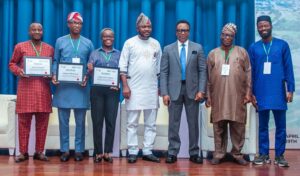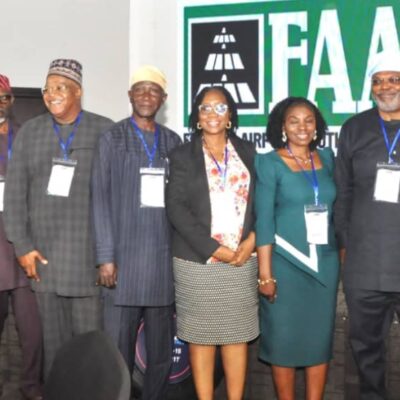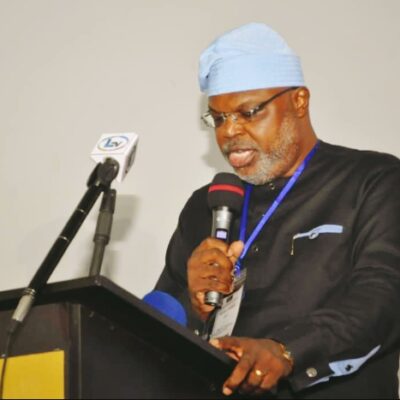
BY OLAPEJU OLUBI
The Director General of the Nigerian Meteorological Agency (NiMET), Professor Charles Anosike, has emphasised the critical role of meteorological data in shaping smarter, more resilient urban centres and has called on city planners and policymakers to integrate climate intelligence into infrastructure development and urban governance.
The NiMET boss said this strategy has become more important than ever, in view of the increasing challenges of climate change and growing populations which now make it imperative that meteorological data be incorporated to adequately prepare for climate disasters.
He stated this at the Abuja City Environmental Sustainability Summit, held on Tuesday, 29th April 2025 and organised by Comrade Yussuf Olatunji Kelani, the Special Assistant to the President on Climate Change Matters.
According to Professor Anosike, “The theme of the event (Sustainable Urban Transformation: Building a Resilient and Green Abuja), was germaine as it served as a platform to aggregate and amplify the collective voices determined to reshape Abuja into resilient, eco-friendly spaces that safeguard the well-being of future generations.
The NiMET boss maintained that sustainable urban transformation involves making deliberate changes to cities to improve their environmental, social and economic aspects of development.
“In the efforts to transform Abuja, climate-smart practices and social inclusion must be prioritized. We must embrace a systemic approach to help improve our understanding of how different drivers of hazards, exposure, vulnerability, and their dynamic root causes combine to exacerbate the impact of climate disasters”, Prof. Anosike stated.
He reminded that the Nigerian Meteorological Agency offers essential services that advance sustainability, and productivity, and promote effective environmental management.
NiMet’s weather forecasts, climate services, and seasonal climate prediction enable environmental managers to make informed decisions, mitigate risks, and adapt to changing climate conditions.
“Sustainable urban transformation and meteorology are intrinsically linked. As cities grow and evolve, their meteorological conditions, including weather patterns and climate, significantly impact their sustainability efforts.
Understanding and addressing these impacts is crucial for creating resilient and sustainable urban environments”, Prof. Anosike emphasised.
Olapeju is a journalist and aviation reporter.





